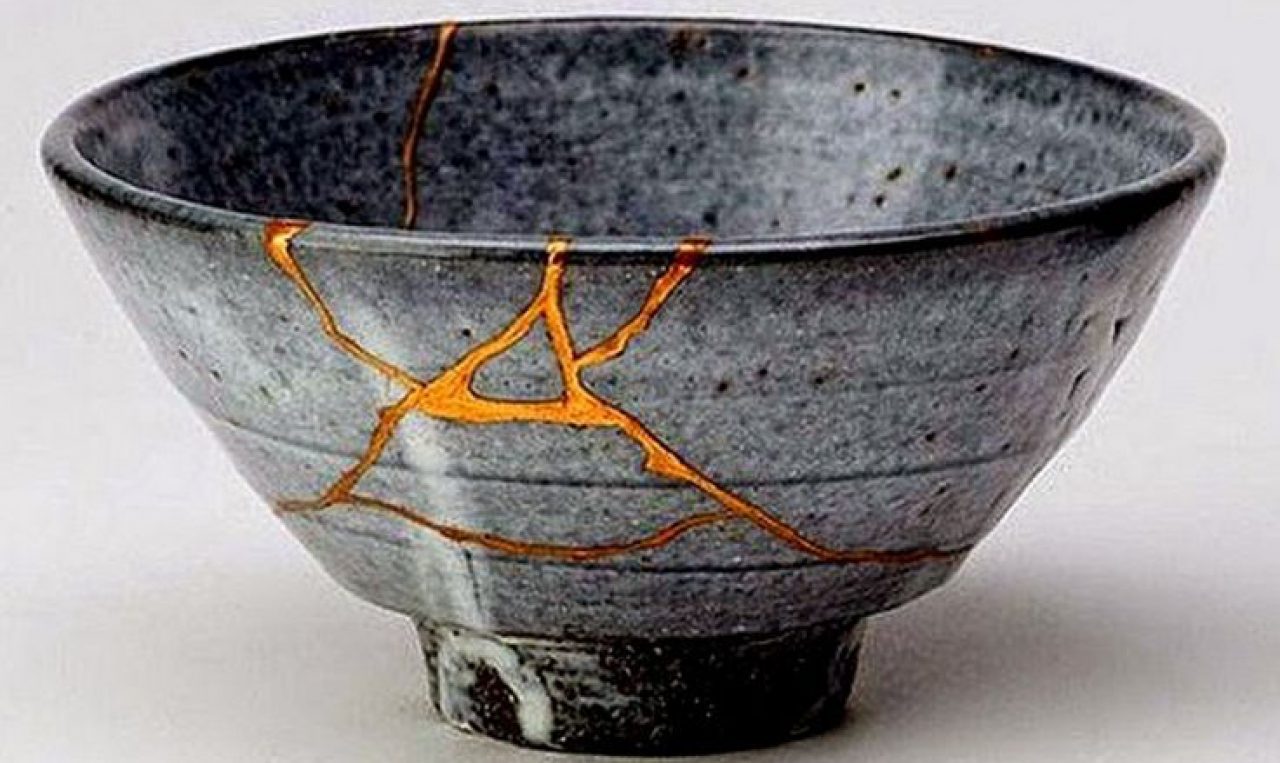“Homo sapiens is also homo reparans” (1). Human beings are the most complex and interesting creatures on the planet, but we are always referred to as homo sapiens- nothing more. My initial thought was that If we are homo reparans, aren’t we also so many other things? We repair, we talk, we apologize, we eat, and bring new lives into the world. As I thought more about this, I realized all of these actions we do as humans fall into the same theme of repair. We talk so we can explain ourselves and why we took such actions, we apologize to repair a conflict, and we eat to repair or fix our hunger pains. I realize repair goes miles longer than just of physical things. What became so interesting to me about this book is the difference between repair of physical and non physical things in life.
So, then, unlike cars, human beings suffer wear and tear, like cars, humans need not just maintenance but repair if they are to keep functioning; and in the provision of such repair, the household, by default, if not by design, for better and for worse, is to the larger society what the auto repair shop -along with the gas station and car wash- is to the world of automobiles” (35)
Spelman explains that a household serves as a human repair shop. Like a car, our household will put us in “in a state of basic functioning” (36). “The body has an awesome capacity to repair itself…But it can’t do that, and will cease doing it, without being fed and watered” (33). Our bodies are constantly self repairing to heal a cut, fight off sickness, bacteria, or infections. Our bodies will not do these “awesome” things without basic needs being met, that we can find in the household. But, unlike cars, there are some humans that need extra help from someone other than a member of the household.
“Recognition of nature’s undeniable powers becomes the occasion for some observers to reflect on the impermanence and transiency of everything, including human life; and that in turn may lead some to despair (all humans endeavor is in the end futile)…Oh, ruins, what dost thou tell us- that you, and thus also we ourselves, are vanquished by nature?…Is the natural world our “inevitable tomb” or our “eternal home”? 108
Mother Nature is a powerful woman- and sometimes even she makes mistakes. As a young girl with a dream to deliver babies, bring new lives into the world, and have a number of children myself, of course I think about Mother Nature and her toll on birth. As beautiful and complex as pregnancy is, there is a great deal that can go wrong. Spelman highlights nature as one of humanity’s reminders that repair is sometimes impossible, no matter how hard we try. When it comes to the ruins of the world, “H. reparans better take off its tool belt” (104) because there is simply nothing we can do. The biggest factor that would hold me back from becoming an obstetrician is ever having to tell someone, “I’m sorry, but it seems something has gone wrong with the pregnancy.” Although the household may have helped the hopeful mother function in society, it fails to help her with anything else. The household basically says, “Sorry, I don’t have to tools, so I can’t help you.” It is silly to compare a home to an automobile shop because of how complex humans are, and how simple a car and its physical parts are. How, and moreso – why- does one apologize to someone for something so drastic? Sure, we feel deep sorrow for the expecting parents but why be sorry for something that is Mother Nature’s fault?
That, of course, is precisely why sincere apology is so welcoming: Once it has been offered, an acknowledgement of wrongdoing has been given, and neither the victim nor any other agents of justice need spend time rehearsing the harms that have been done or trying to pry a confession of the wrongdoer. The repair of the victim, to the relationship between victim and wrongdoer, and to the fabric of the society has begun (97)
To say sorry for something that is not even your fault is another example to how the term is extremely over used. In becoming an obstetrician, I could either make parents the happiest people on earth or the saddest, and they last term they would want to hear is “I’m sorry” because this would imply a miscarriage, or something has gone wrong with the pregnancy. Except as a doctor I should not be sorry because it is not my fault that this has happened. I understand we feel incredibly sorry and have sorrow for the expecting parents, but shouldn’t we rather say something along the lines of “I feel terrible that this has happened, but…”?
